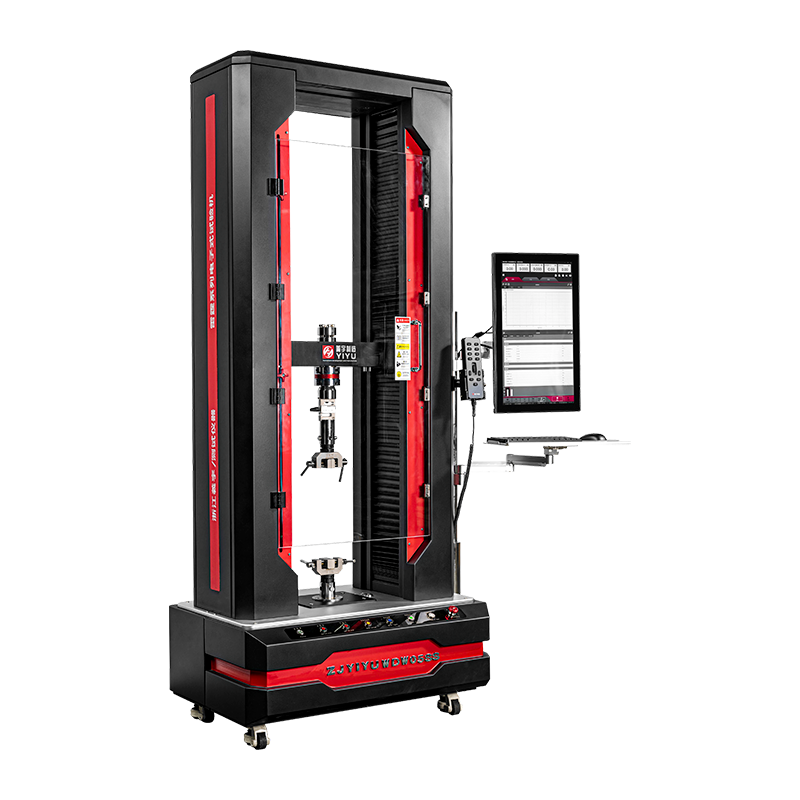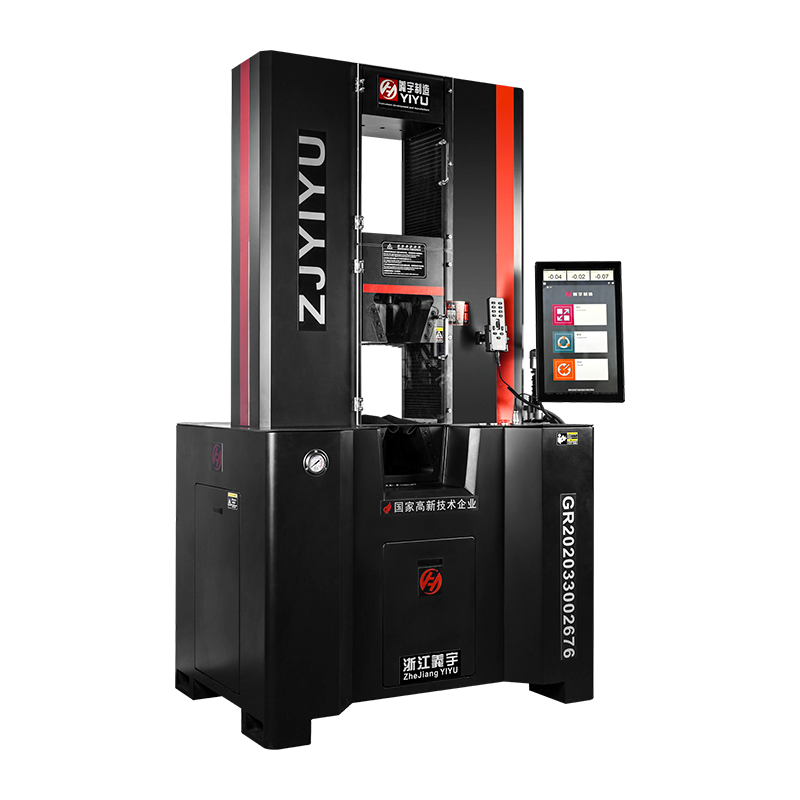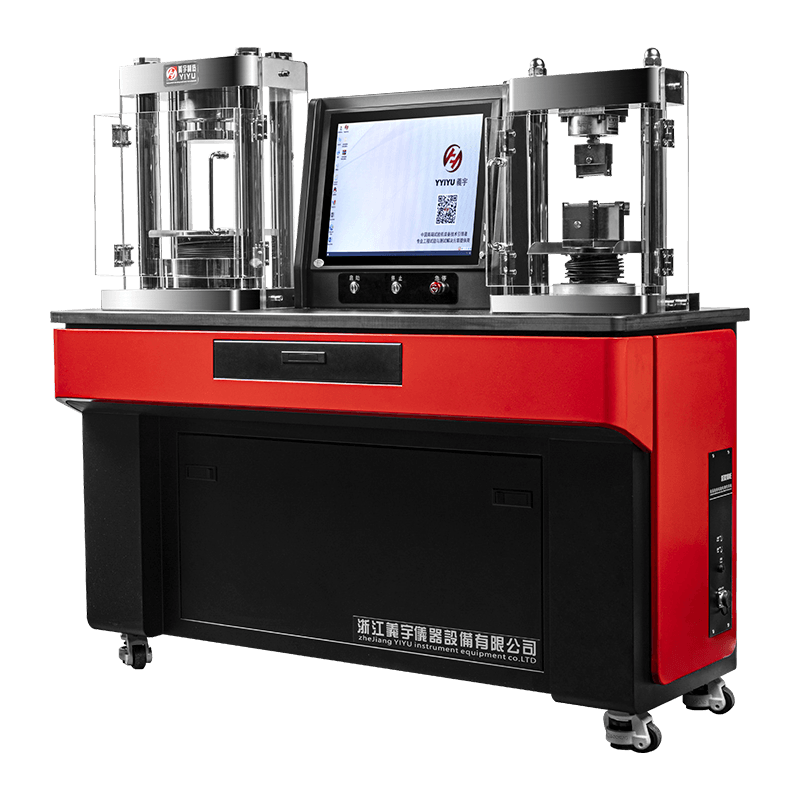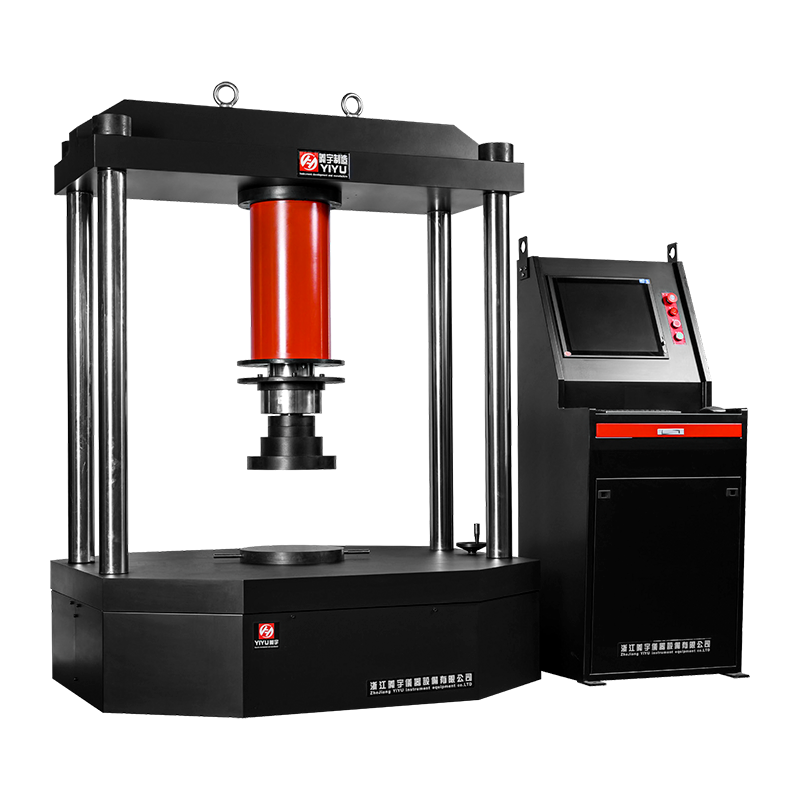With the acceleration of urbanization and the growing demand for infrastructure construction, manhole covers, as a vital component of public facilities, have a significant impact on the construction progress and safety of municipal infrastructure such as roads, sewers, and water supply systems. Traditionally, the production process for manhole covers is often inefficient and costly. However, the introduction of die-casting technology, particularly the manhole cover press machine, has significantly improved the entire production process, increasing productivity and effectively reducing costs.
Advantages of the manhole cover press machine: Technological innovation drives productivity improvements
High Precision and Consistency
As a critical component in municipal engineering projects, manhole covers have extremely high quality requirements. Any substandard product can pose a safety hazard. Traditional casting methods often struggle to ensure dimensional accuracy and surface quality, especially in large-scale production, where dimensional deviations and defects are unavoidable. Manhole cover press machines use high-pressure injection to inject molten metal into molds with exceptional precision, producing castings that meet remarkably consistent standards in shape, size, and surface quality.
This high-precision production capability not only improves the quality of each manhole cover but also significantly reduces scrap and lowers the costs associated with rework and secondary processing.
Improving Production Efficiency
Compared to traditional casting processes, die-casting machines can complete the casting process much faster. Using high speed and high pressure, die-casting machines rapidly inject metal into the mold, cooling it and forming it. The entire molding process typically takes only tens of seconds. Compared to traditional casting processes, die-casting machines significantly shorten cycle times and significantly improve production efficiency.
This is particularly important in large-scale production, as manufacturers can produce more manhole covers per unit time, significantly increasing production capacity. This is an indispensable advantage for large-scale municipal engineering projects that require fast delivery.
Automation and Intelligent Control
Modern manhole cover press machines are typically equipped with intelligent control systems that precisely control every step of the production process. This includes automated feeding, injection, and cooling, requiring virtually no human intervention. This fully automated production model not only reduces labor costs but also minimizes human error, ensuring a continuous and stable production process.
This increased level of automation makes the production line more efficient and significantly reduces reliance on manual operations, thereby reducing labor costs and the complexity of manual management.
Improving Productivity with the Manhole Cover Press Machine
Efficient Production Cycle
One of the greatest advantages of the Manhole Cover Press machine is its efficient production cycle. Traditional casting methods often require a long time for cooling, solidification, and finishing, and can even lead to production accidents due to improper operation. Die-casting machines, however, utilize high-pressure injection technology to produce castings in an extremely short time. The cooling time for each casting is significantly shortened, enabling continuous production.
For large-scale manufacturers, shortened production cycles mean they can produce more castings in the same amount of time, improving overall production efficiency. This is of great significance for municipal engineering, large-scale construction projects, and infrastructure development.
Introduction of Automated Production Lines
Modern die-casting machines not only provide efficient production capabilities in terms of hardware, but also further enhance production efficiency through intelligent production line management systems. Automated production lines seamlessly connect multiple production processes, precisely controlling each step—from raw material placement, mold injection, casting cooling, demolding, to finished product inspection—through intelligent systems. This automated system significantly reduces manual operations, saving labor costs and ensuring consistency and stability throughout the production process.
Furthermore, automated production lines offer high flexibility, enabling rapid adjustments to production modes based on varying production needs. This expands the application range of die-casting machines, adapting to the production needs of manhole covers of varying types and sizes.
Increased Output and Delivery Speed
Due to their highly efficient production model and high-speed molding capabilities, manufacturers can quickly meet large-scale production requirements. This not only significantly shortens delivery cycles but also allows for the fulfillment of urgent orders. In infrastructure construction, time is often a critical factor in determining whether a project can be completed on time. The rapid production capabilities of die-casting machines enable manufacturers to collaborate more closely with construction companies and enhance their market competitiveness.
Reducing Production Costs with Manhole Cover Press Machines
Reducing Labor Costs
Traditional manhole cover production methods often require extensive manual effort, including mold handling, casting, inspection, and trimming. This not only increases labor costs but also reduces production efficiency. By introducing an automated production line using a manhole cover press machine, manual intervention is reduced, production efficiency is improved, and labor costs are reduced. The labor cost savings are particularly significant in large-scale production.
Reducing Raw Material Waste
In traditional casting processes, metal flow and mold design can lead to metal waste. Uneven metal flow in the mold can result in substandard castings, which then need to be reworked or scrapped, resulting in material waste.
However, die-casting technology, through precise molds and high-pressure injection, effectively utilizes every bit of metal, reducing waste. Furthermore, waste generated during the die-casting process can be recycled, further reducing material costs. Precise control ensures standardized size and shape for each batch of castings, reducing defective products and the waste of resources caused by rework.
Reduced Equipment Maintenance Costs
Modern manhole cover press machines utilize advanced technology and high-precision manufacturing, significantly improving their stability and reliability. Intelligent monitoring systems enable timely detection and resolution of potential faults during operation, reducing downtime and maintenance costs. Compared to traditional equipment, die-casting machines experience fewer failures, ensuring a better production cycle.
Improved Product Quality and Reduced After-Sales Costs
Manhole covers, as long-term municipal infrastructure, require extremely high quality. Die-casting technology ensures the high precision and quality of each manhole cover, significantly reducing after-sales costs associated with defective products. High-quality castings not only reduce the need for rework but also enhance product durability and reliability, further reducing repair and replacement costs.






